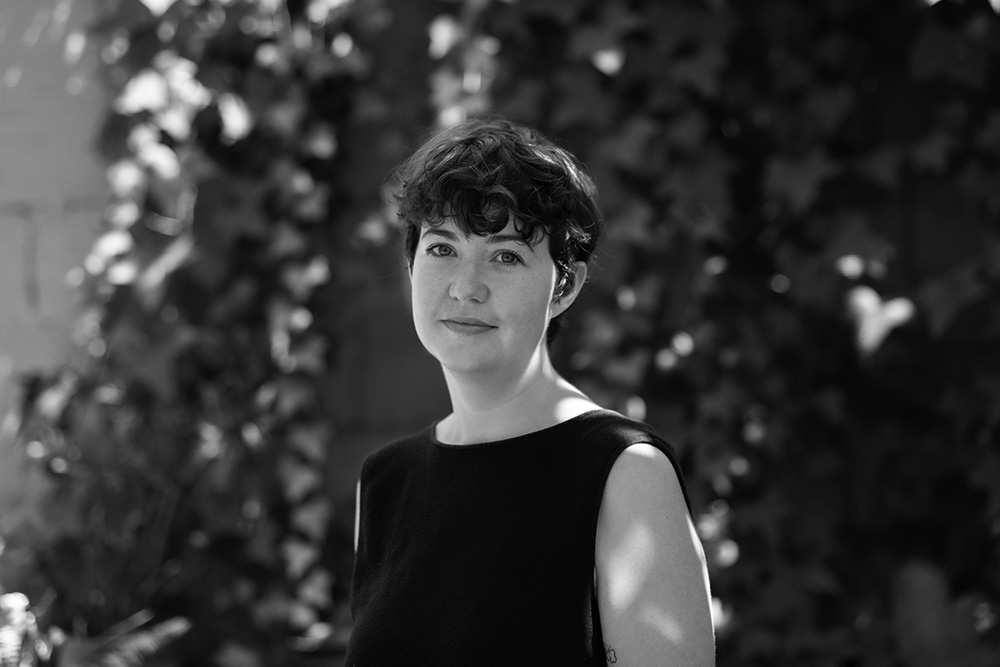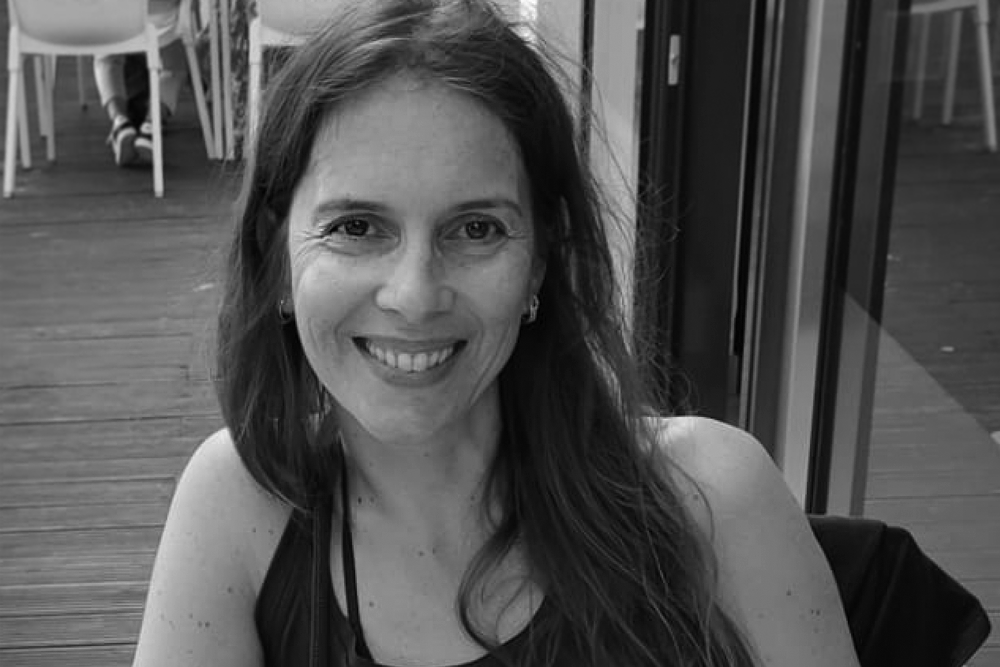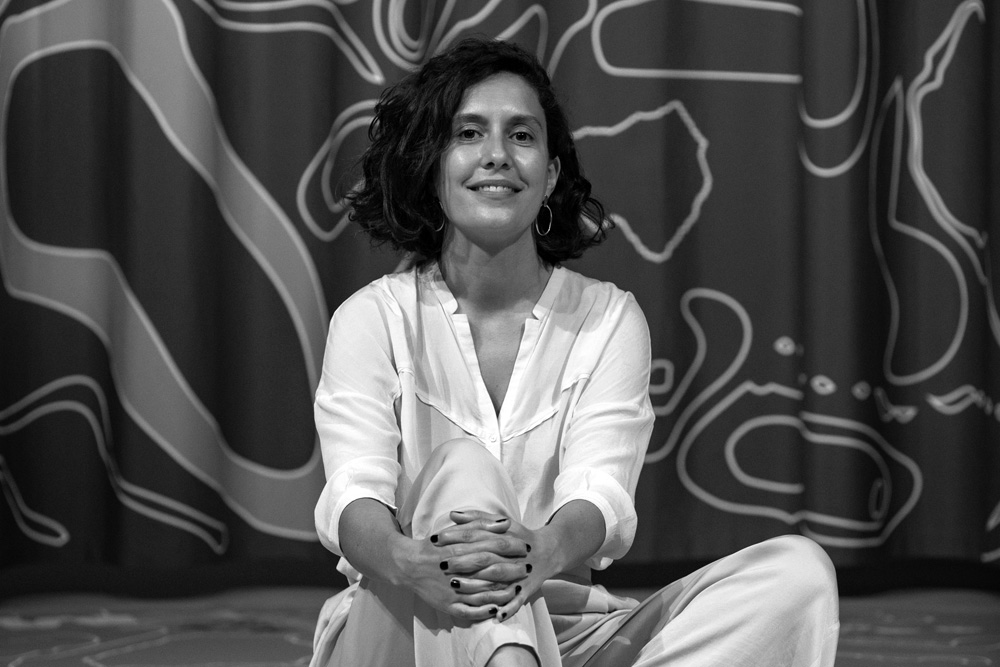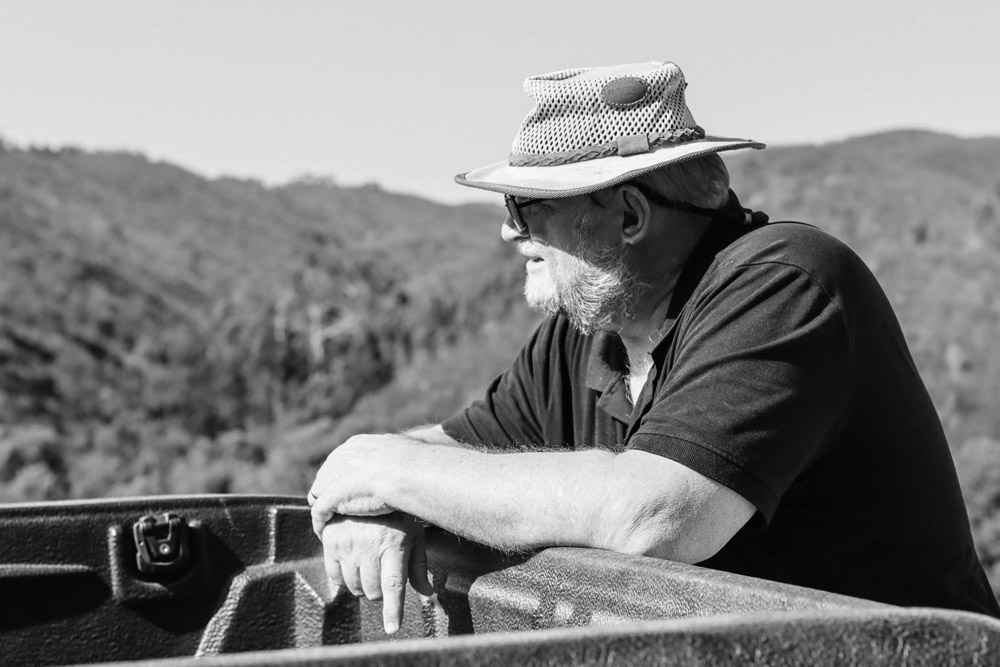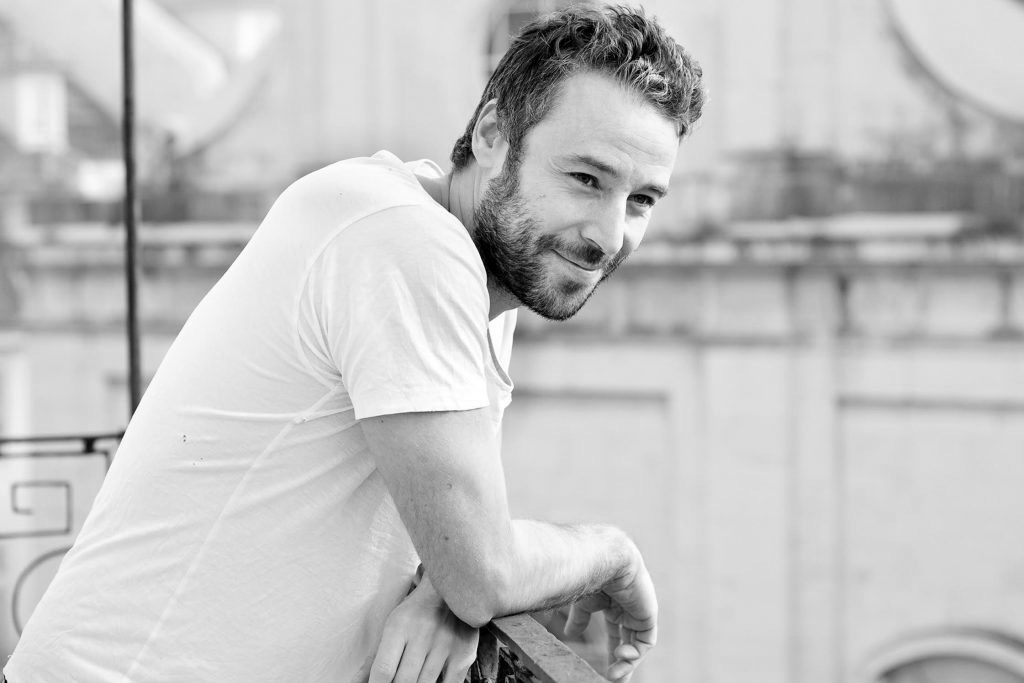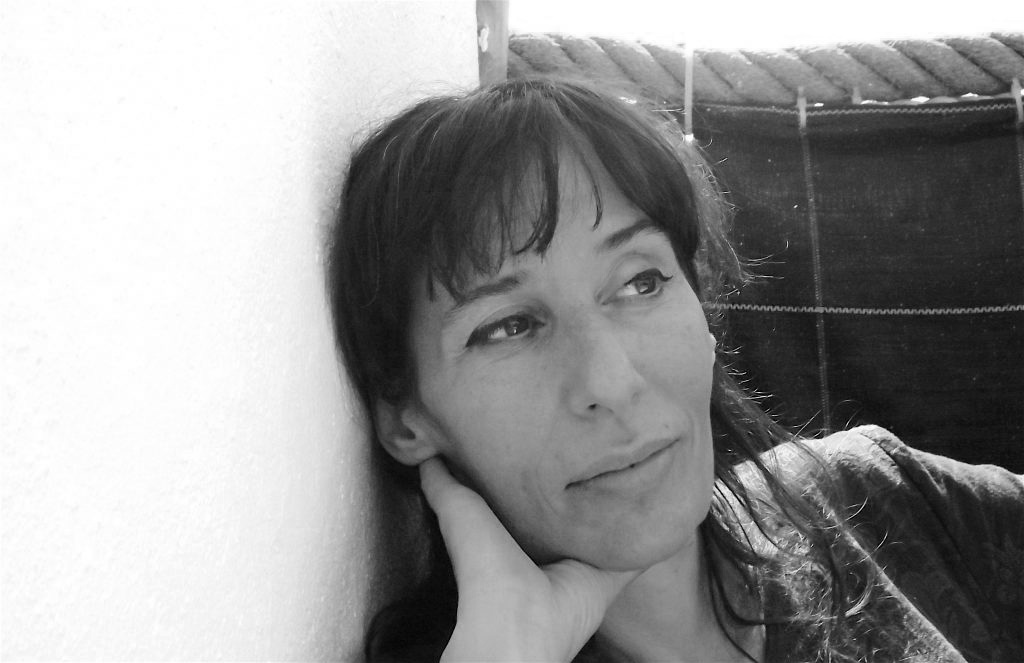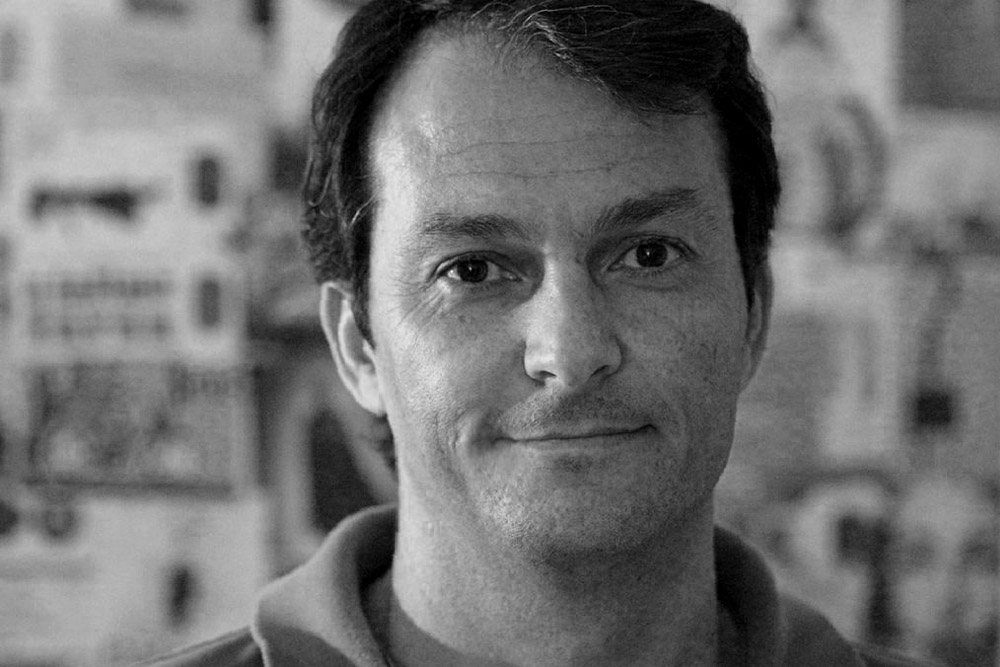A Working Inventory of Things a Designer Should Know, Danah Abdulla
Design thinking has created divisions in the field: either designers are too theory-driven or simply practitioners. Those feeling lost can easily turn to a language meant to inspire creative production in easy to pitch ways, where rhetoric uses design to keep power at bay, to celebrate hegemonic beliefs that are used to indoctrinate designers in bad education, incapable of imagining different futures. If you take away the post-its, the A3 papers, and the markers, can designers think? Led by Antonio Gramsci’s advice that knowing thyself requires compiling an inventory, design critic, educator, and researcher Danah Abdulla pays tribute to the late architect, activist, and critic Michael Sorkin, whose original list Two Hundred and Fifty Things an Architect Should Know inspired this updated version targeted at designers. Described as a guidebook/notebook of things designers should think about in order for them to know, this talk will discuss the iterative list – which is not meant to be a definitive how-to guide, but to spark conversations, prompt critical thinking, and to help designers reconfigure their discipline. — This activity is part of the interdisciplinary research programme in art, architecture, and design of transformation and politics, presented by maat in partnership with COW – Centre for Other Worlds, Research Centre in Design and Art, Lusófona University.


